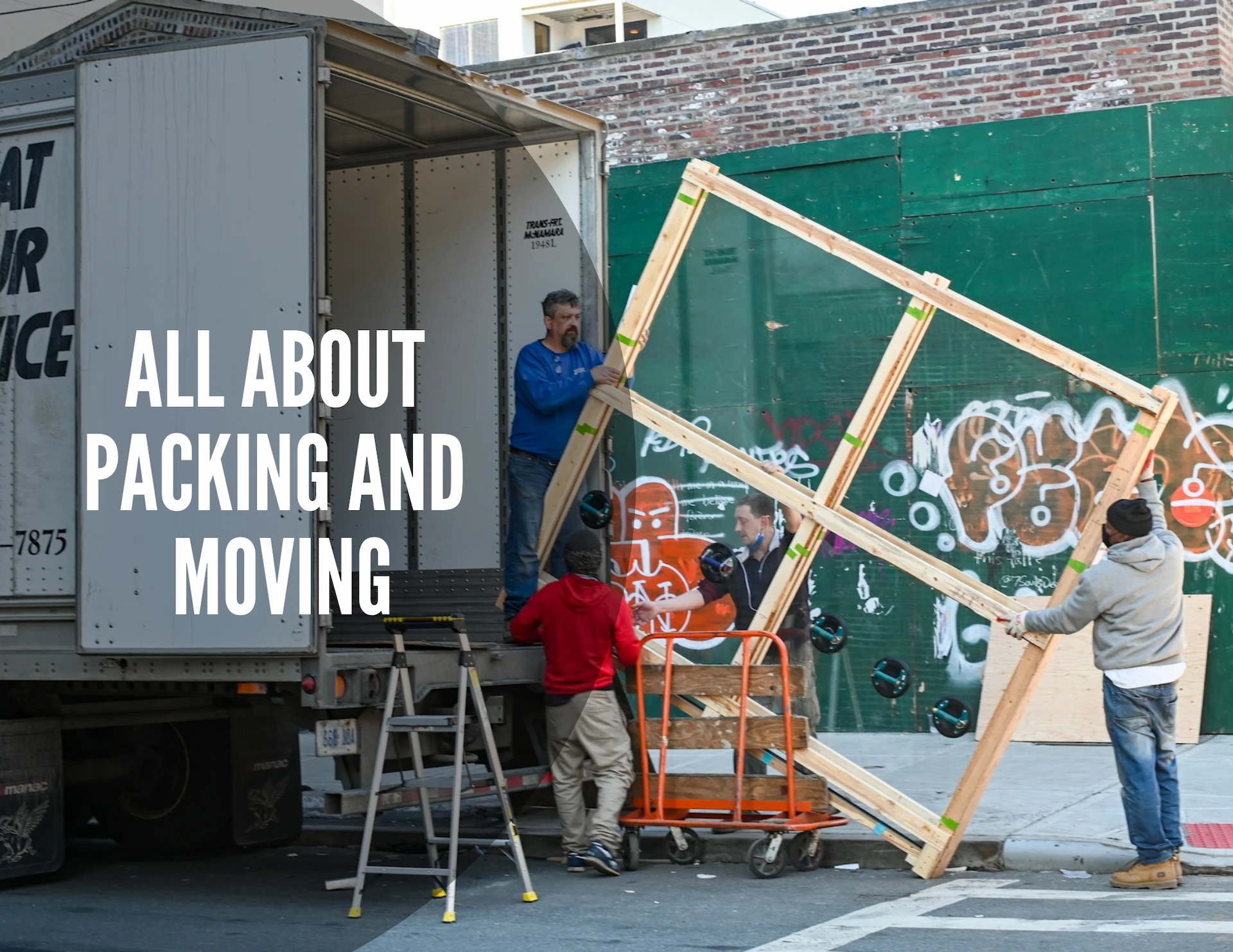

Your Guide to Packing and Moving
Moving can feel overwhelming, especially when you manage all the details without enough time. You have many tasks to handle, but proper planning makes the process much simpler. Start early to reduce stress and ensure a smooth transition. This guide covers key aspects of packing and moving, offering practical information on timelines, supplies, and helpful tips. We’ll discuss how to organize, what to pack first, and how to protect your belongings, which can make all the difference. We will also cover efficient packing methods, how to hire movers, and how to understand your legal rights in Ontario to help you protect yourself and your property. Getting ready for a move is a big task, but with the right information, you can manage it well. Read on to learn more about packing and moving.
Creating a Moving Timeline
Creating a moving timeline is essential to staying organized. Start planning at least two months before your move to give yourself enough time to handle all tasks. Begin by setting a firm moving date, which drives all your other deadlines. Next, create a list of everything you need to do and divide the tasks into weekly segments to make the process easier to manage. You need to book movers, so research moving companies early. Get quotes from several companies, check their reviews and credentials, and confirm their insurance coverage. Book your movers at least one month in advance to ensure they are available on your moving date.
You also need to notify important parties, like your bank, the post office, and utility companies, about your address change. Schedule the disconnection of services at your old place and connection at your new place to prevent disruptions. Packing takes time, so start early. Pack a little each day to avoid last-minute stress. Finally, don’t forget to confirm all the details with your moving company a week before the move, reviewing the schedule and any special instructions. Having a solid timeline keeps you on track and helps you avoid unnecessary stress during the move.
Click here for more information on Orangeville realtors
Related Article: Is It Worth Paying for Packing When Moving?
Packing Efficiently
Efficiently packing your belongings saves you time and reduces stress. Begin by decluttering your home and getting rid of items you no longer need. Donate, sell, or discard unwanted items to reduce the amount you need to pack. Then, pack room by room to stay organized. Start with rooms you use less often to minimize disruption to your daily life. Carefully wrap fragile items with bubble wrap or packing paper and place them in sturdy boxes. Fill any empty spaces in the boxes with packing material to prevent items from shifting during the move. Keep heavy items in smaller boxes to make them easier to lift and carry, and don’t overfill them, which can make them difficult to handle and cause them to break open.
Label each box clearly with its contents and destination room, using a colour-coding system for different rooms to simplify unpacking. Pack an essentials box with items you will need immediately, including toiletries, medications, and a change of clothes. You should also keep important documents with you rather than packing them with the movers. Packing efficiently makes the moving process much easier and saves you time and effort in the long run.
Related Article: What Is the Fastest Way to Pack and Move?
Related Article: What Is the Best Thing to Pack First When Moving?
Hiring Movers
Hiring professional movers can relieve a significant amount of your moving stress. Research moving companies carefully by checking online reviews and ratings and getting recommendations from friends and family. Obtain quotes from at least three different companies, ensuring the quotes are detailed and include all potential costs. Ask about their insurance coverage to ensure your belongings are protected. A reputable moving company will have proper insurance. Check if the company is licensed and insured, as movers in Ontario must comply with certain regulations. Verify their credentials before you hire them.
Schedule an in-home estimate so the movers can assess the volume of your belongings and provide an accurate quote. Discuss any special items or concerns with the movers, including fragile items, antiques, or large furniture. Confirm the moving date and time and carefully review the contract before you sign it, making sure you understand all the terms and conditions. On moving day, be present to supervise the movers and answer any questions they may have. Hiring the right movers makes a significant difference, ensuring your belongings are handled with care and making your move smoother and more efficient.
Your Rights When Moving
Understanding your rights is crucial during a move. In Ontario, moving companies must provide you with a written contract outlining all services and costs. Review the contract carefully before you sign it, ensuring it includes details like the moving date, addresses, and payment terms. You have the right to receive an accurate estimate, and the final cost should not exceed the estimate by more than 10% unless you agree to additional services. If the final cost does exceed the estimate, you can dispute the charges. Keep detailed records of all communication with the moving company, including emails, phone calls, and any written agreements. Document the condition of your belongings before the move, taking photos or videos of any valuable items, which helps you in case of damage.
If your belongings are damaged during the move, you have the right to file a claim. Contact the moving company immediately to report the damage and carefully follow their claims process. Provide all necessary documentation, including photos and receipts. If you are not satisfied with the moving company’s response, you can file a complaint with the Better Business Bureau or seek legal advice. Knowing your rights protects you during the moving process and ensures the moving company treats you fairly.
Moving Day and Beyond
Moving day requires careful coordination. Ensure you have a clear plan and confirm the movers’ arrival time. Keep essential items readily available and supervise the loading process, making sure the movers handle your belongings with care. Do a final walk-through of your old home to check that you haven’t left anything behind. At your new home, direct the movers where to place each box and check off items on your inventory list to ensure everything arrives safely. After the movers leave, begin unpacking. Start with essential items and set up your bedroom and bathroom first to have a comfortable place to rest. Unpack one room at a time to prevent you from feeling overwhelmed. Responsibly dispose of packing materials by recycling boxes and packing paper and donating unwanted items.
Take time to settle into your new home, explore your new neighbourhood, and meet your neighbours. Update your address with all relevant parties, including banks, government agencies, and subscriptions. Moving can be stressful, but proper planning makes it manageable. By following these tips, you can ensure a smooth transition to your new home. Remember to take breaks and celebrate your new beginning. Packing and moving is a process, so take it one step at a time. Welcome to your new home!























